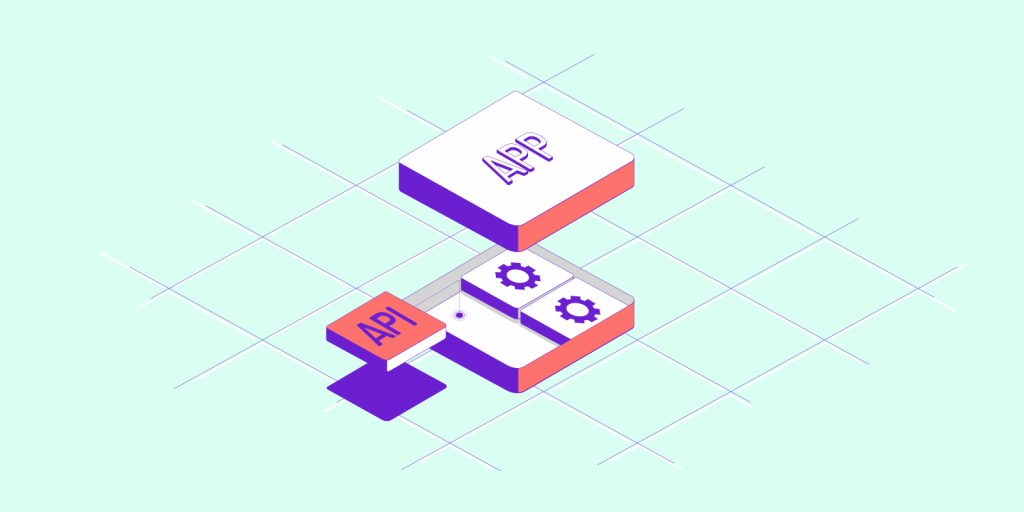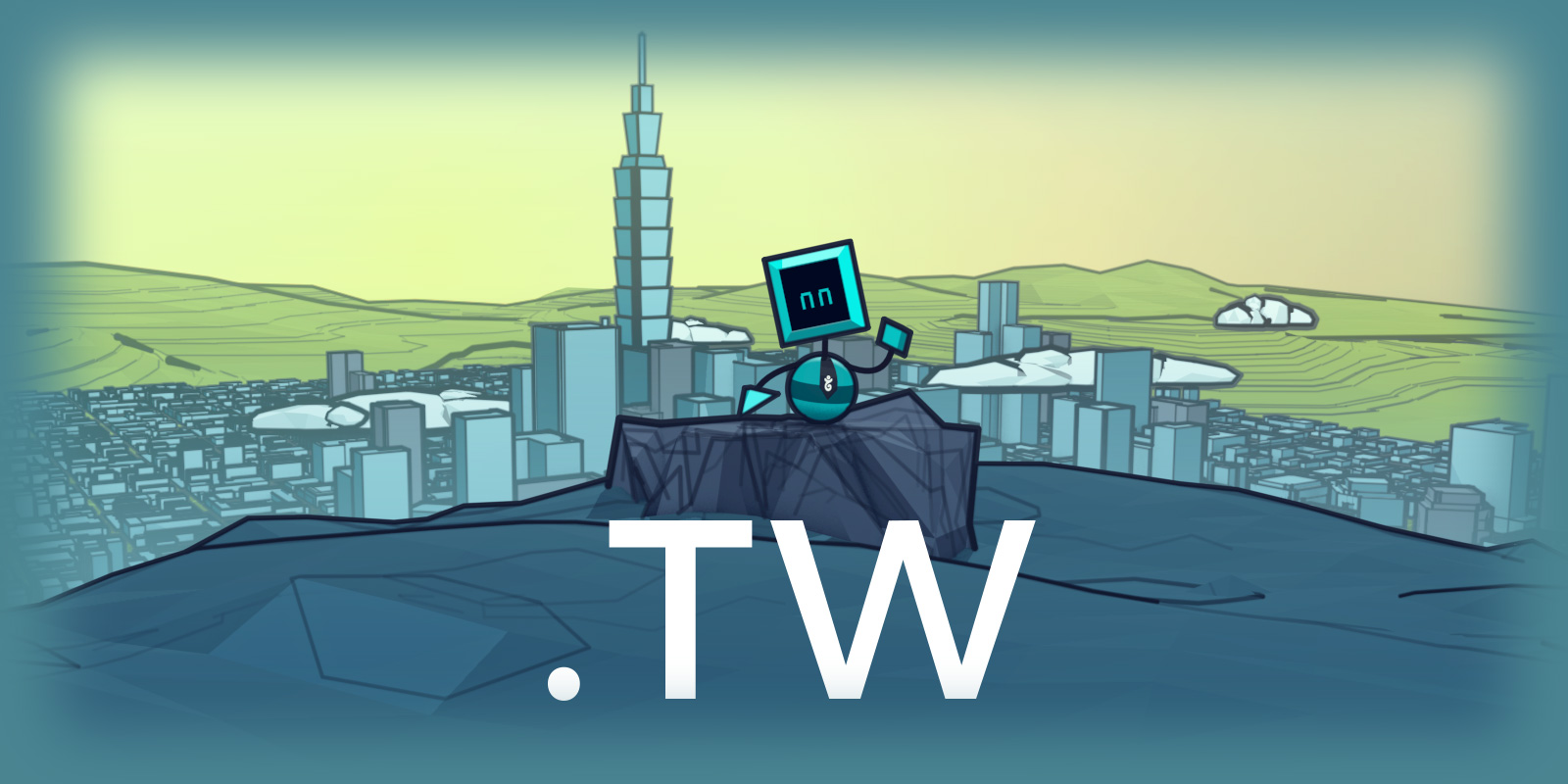You’ve probably heard of an “API,” maybe from your friends who work in tech, but are you still unsure of what that means? This article is for you! Today, we’ll be explaining what an API is and what it’s used for since, really, it’s brilliant.
Why use an API?
An API (or Application Programming Interface) is a collection of rules that form a “communication language” given by a particular piece of software so that other software programs can interact with it.
It’s a little like if one of your colleagues had a badge attached to their shirt that told you what language to speak to them for them to be able to help you. And if you try to communicate with them in another language, they won’t be able to help.
APIs are used because they enable you to make different software programs talk to one another without having to “recode/reprogram” an already existing program to have access to information or to have access to a piece of information or an action.
For example, when you make a request on Uber to call a ride home, the Uber app doesn’t include the service for mapping routes. Uber will have to communicate with Google Maps via its API to map the route between two points. Google Maps will send Uber the route and that’s how your Uber driver will know the route to drive you home.
Here, Uber doesn’t need to build their own mapping software in their app since it just uses the Google Maps to map routes.
APIs, then, have the advantage of enabling companies to concentrate their main business. Uber’s primary business is connecting rideshare drivers to customers, so developing its own mapping software risks wasting time and money.
In what situations might you need an API?
As an API beginner, what uses will be most useful?
You may need APIs to complete a set of actions that use different applications and automate them at regular intervals.
Let’s take a simple example: you have invested in cryptocurrency and you want to have information about Ethereum each day. You can automate this with the assistance of API requests. It’s possible for you to get information on Ethereum price information, then send them on a Slack channel or by email everyday to keep you up-to-date on the latest.
Another situation in which using an API can make your life easier is when you perform an action a large number of times.
Let’s imagine that you don’t know what movie to watch, but you don’t want to watch a bad one. You can use an API to search every IMDb page and give you a list of all the movies with a rating higher than 8 out of 10. And with that, you’ll have what you need.
Overall, these are the main advantages of APIs for non-professionals. APIs, in reality, also serve many other purposes in your day-to-day life but you might as well start with the simple things.
For those for whom we’ve succeeded in piquing your interest, feel free to leave a comment to indicate your interest in getting guidance using APIs.
Gandi also offers a comprehensive API with which you can use to carry out a large number of tasks to make your life easier as a customer and automate a variety of actions around managing your domain names.
Thank you to our tech team for helping with this article.
Tagged in API



